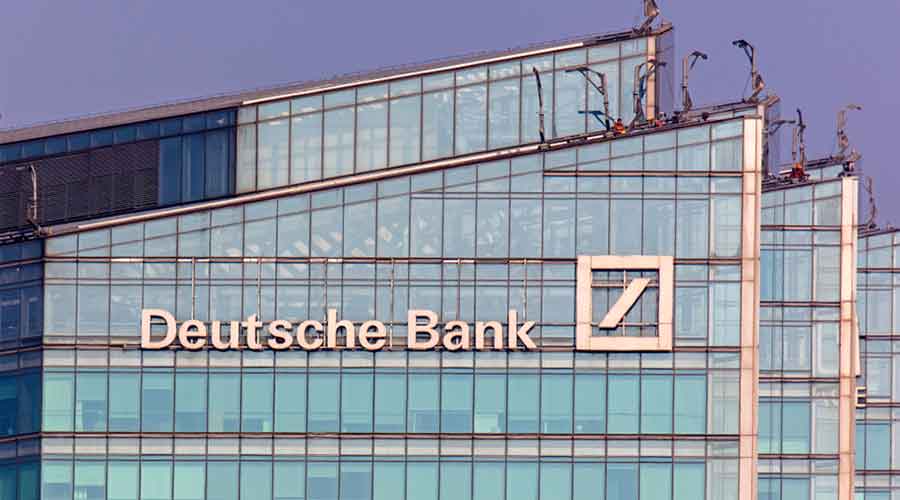German lender Deutsche Bank on Wednesday announced a capital infusion of Rs 2,700 crore into its India operations for expansion across segments.
This is the second time in less than two years that the bank has infused money into its local operations of 17 branches after bringing in Rs 3,800 crore in early 2019.
A bank statement said the fresh capital will be used to support the expansion of Deutsche Bank India across all of its businesses, including corporate banking, investment banking and international private banking, which have been consistently growing over the years.
The bank’s chief country officer Kaushik Shaparia said the incremental capital injection should be seen as a strong validation of the lender’s confidence in the business model and potential in India.
“It also demonstrates our intent to further deepen our presence here,” he said, adding that the recent months have thrown up opportunities to work ever more closely with clients and support them with services and advice in steering through the tough environment.
The capital adequacy ratio for the bank, which has been present in India since 1980, stood at 14.93 per cent as of March 31, 2020, which will go up after the infusion.
Total capital deployed by Deutsche Bank in its India branches has now increased to Rs 18,200 crore and the overall assets stood at Rs 1.2 lakh crore as of March 31, 2020, the statement said.
NBFC funds
With the Reserve Bank allowing the restructuring of loans that are facing stress because of the Covid-19 pandemic, non-banking finance companies (NBFCs) are likely to see an increase in their refinancing requirements, says a report.
Last week, the RBI gave permission to lenders to go for a one-time restructuring of corporate and personal loans facing stress.
“The RBI’s decision allowing lenders to restructure loans would increase their refinancing requirements, especially for NBFCs,” India Ratings and Research said in a report.
“This is in view of their large contractual debt repayments, as scheduled cash inflow gets deferred, though the severity of the same would depend upon the proportion of loan portfolio restructured and terms of restructuring (i.e complete moratorium vs partial payments),” it added.










